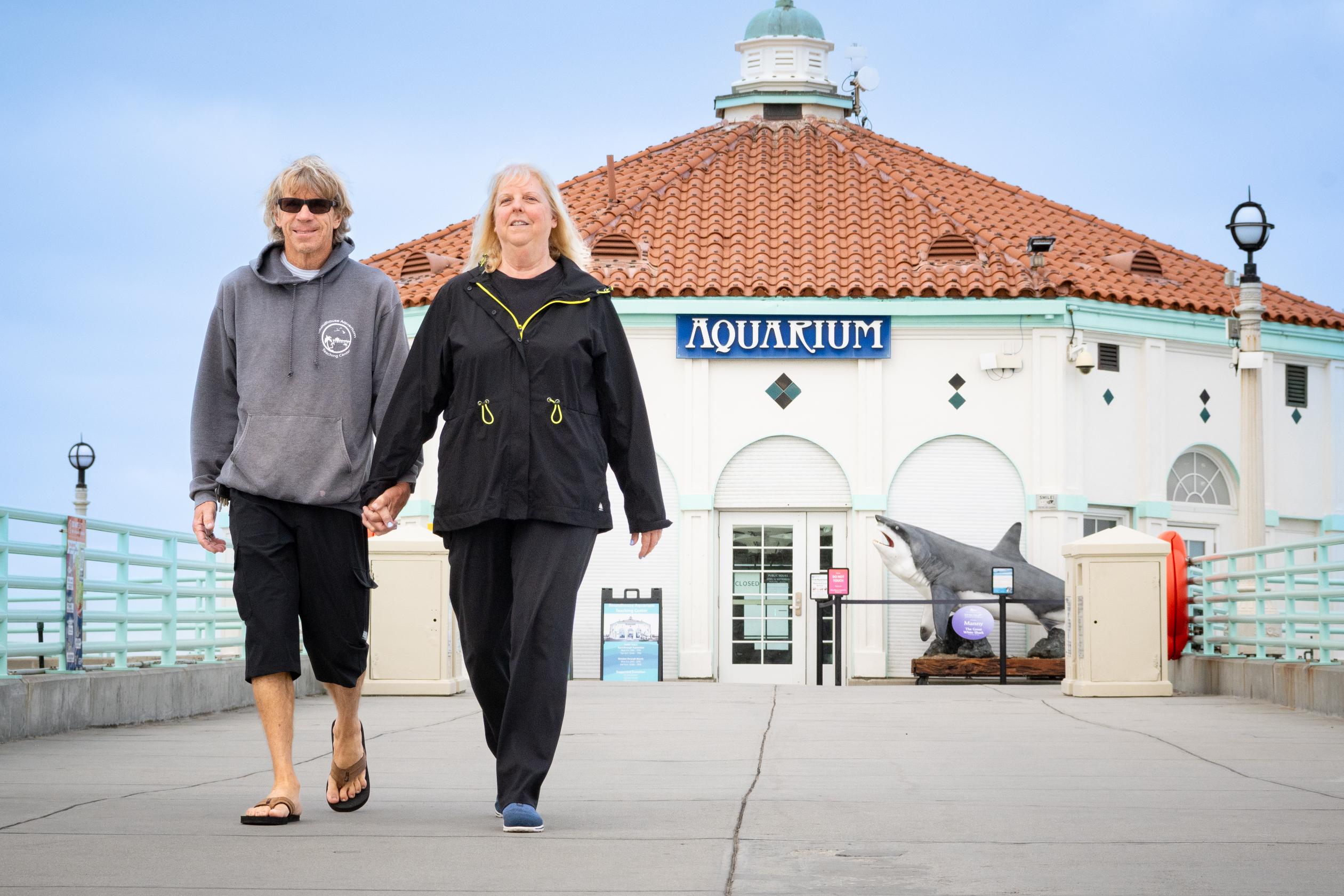
A planned development at 320 Knob Hill that promises to generate more than $600,000 per year for Redondo Beach schools is running behind schedule.
As the property developer waits on city staff to grant its entitlements and the project lags, property owner Redondo Beach Unified School District (RBUSD) loses potential revenue. And while the school board is sympathetic to the city’s plight – the local government’s demanding workload includes dealing with the possible refit of the AES power plant on Harbor Dr. and the impending $300 million waterfront revitalization project – the reality is that the school district could use the money.
“It’s a concern in that we’re not getting any money for that property right now,” RBUSD board president Laura Emdee said. “The sooner we get this done, the faster we can get the money for our lease for that property.
“We used to get around $300,000 [per year] from the city, and potentially we could be getting $614,500, but right now we’re getting almost nothing.”
This month, the developer – Virginia based firm Fountain Square Development West – requested and received a lease extension from the RBUSD board, citing concerns about the feasibility of obtaining all necessary permits and entitlements within the set two-year timeframe.
Exactly one year ago, Fountain Square won its bid to develop 74,000 square feet at 320 Knob Hill. Its project was called The Kensington, and its blueprints heralded a 92-suite building for senior citizens and a staff of full-time caretakers.
The RBUSD board was thrilled; the property had lain vacant since June 2011, when the City of Redondo Beach terminated its lease, indicating an unwillingness to pay the increased rent RBUSD sought. Several unsuccessful negotiation periods with potential lessees like Whole Foods and a private school ensued. Fountain Square made the most enticing offer.
An agreement with Fountain Square, however, requires approval from the voters of Redondo Beach as per Measure DD, which requires all zoning changes to appear on citywide ballots.
Presently 320 Knob Hill is zoned for public and school use, and both Fountain Square and RBUSD are aiming to get the possible zoning change before voters during next year’s Nov. election. But Fountain Square fears that “slow progress by the planning staff apparently as a result of their heavy work load and low staff levels” – as noted by Daniel Gorham of Fountain Square in a letter to Superintendent of Schools Steven Keller this month – will hinder progress.
“We are concerned the city will not move fast enough on its entitlement requirements to allow for the project’s inclusion on the November 2014 ballot,” Gorham wrote.

“We now face the real possibility of having to wait until the ‘off-cycle’ March 2015 ballot. We remain hopeful we can make the November election. If not our cost and associated risk becomes substantially higher.”
To date, Gotham writes, Fountain Square Development West has invested $310,000 into the project and has “very little to show” for it.
The developer made a preliminary application on Feb. 21 for permission to begin its environmental impact review – a 12-month process – and applied again on June 20. It then submitted a revised application on Aug. 28.
Despite having “diligently pursued” city staff, Gorham writes, there has been “no response.”
But planning director Aaron Jones counters that Fountain Square submitted an “incomplete application,” and that Gorham’s letter is misleading. Jones said already, the city has chosen an environmental consulting firm to conduct the review, but is waiting on Fountain Square to submit additional information about its proposed project before proceeding.
The extension granted to Fountain Square by RBUSD this month gives the developer an additional six months – 30 overall – to obtain all permits before breaking ground.
The board also agreed to reduce the developer’s quarterly payments from $25,000 to $12,500, and to eliminate the clause promising a 50 percent refund of aforementioned payments if the developer is unable to attain entitlements and therefore unable to proceed with the project.
According to Gorham, the developer remains hopeful that the project is attainable within the adjusted timeframe.
“Because of the increased time and money to accomplish even the most basic elements of the approval process, we have been forced to consider the risks of this deal as compared t our project pipeline overall,” he writes. “Notwithstanding our challenges to date, we are committed to working with the city and expect a successful conclusion.”
Emdee is hopeful that the project will go ahead without any major delays, assuming the environmental consultant is able to complete its review within a more limited period.
“The city has a lot on its plate and we’re definitely aware of that,” Emdee said. “This project is not a top priority for the city… but it means $600,000 a year, and we’re recovering from the worst budget crisis we’ve ever had. We could really use that to kind of put our books back in order.”







